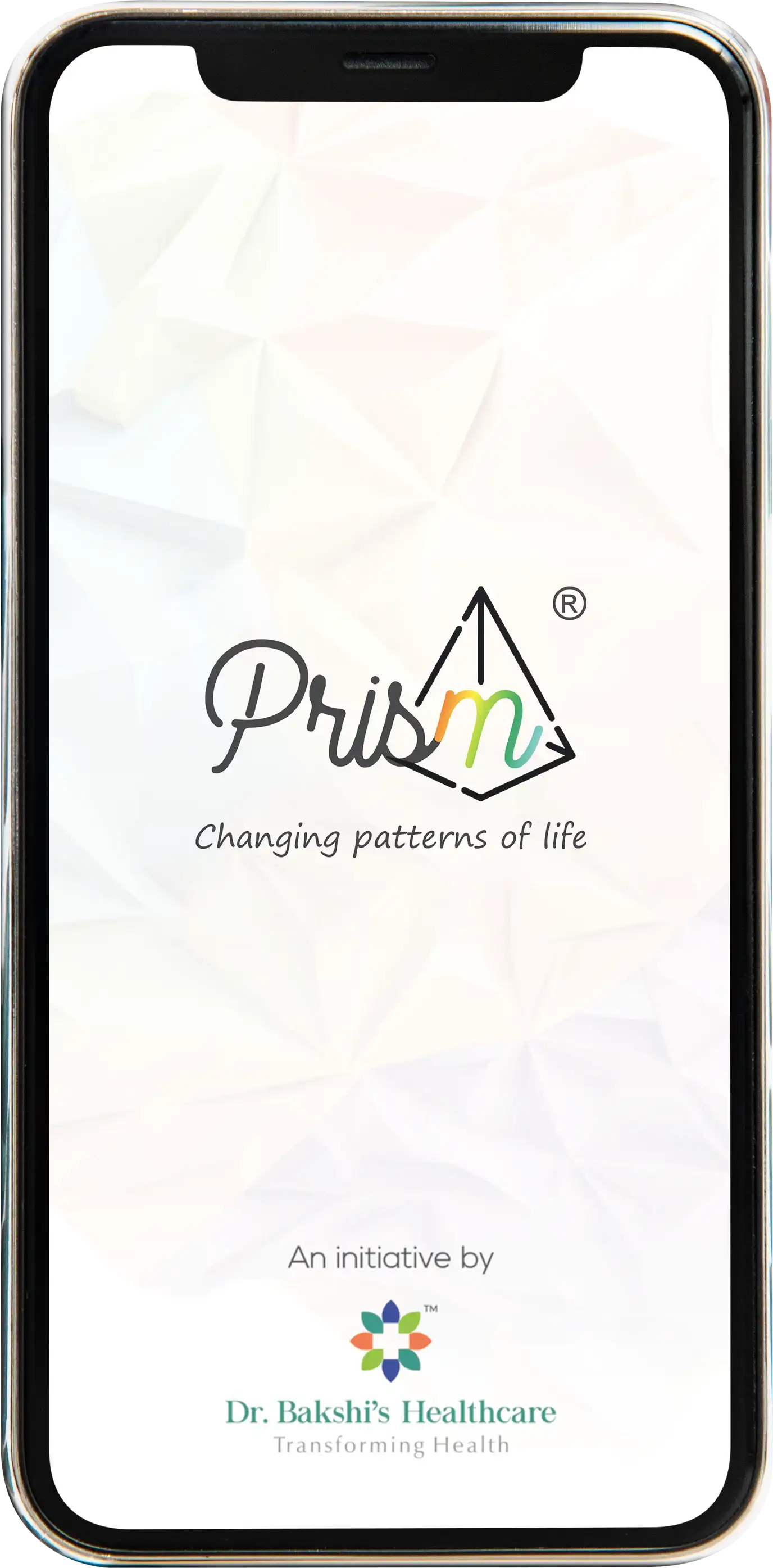
Risk factors
Depression can affect anyone, but certain factors may increase the risk of developing it:
Recognizing these factors can help seek timely support and prevent the escalation of symptoms.
What are the sign and symptoms?
Persistent Sadness
Experiencing deep, prolonged feelings of sadness, emptiness, or hopelessness that persist most of the day, nearly every day.
Loss of Interest
A noticeable lack of enthusiasm or pleasure in activities previously enjoyed, such as hobbies, social gatherings, or even routine tasks.
Fatigue and Low Energy
Feeling physically and mentally drained despite adequate rest, making it challenging to manage daily responsibilities or engage with others.
Difficulty Concentrating
Struggling to focus, make decisions, or recall important details, which may interfere with everyday functioning or conversations.
Changes in Sleep or Appetite
Significant disruptions in sleeping patterns, such as insomnia or oversleeping, and noticeable changes in appetite, including eating too much or too little.
Feelings of Guilt or Worthlessness
Frequent feelings of being a burden, inadequacy, or excessive guilt, often without a clear reason, leading to a diminished sense of self-worth.
Low Self-Esteem and Confidence
A tendency to doubt one's abilities or worth, feeling undeserving of happiness or success, and struggling to see personal strengths.
Negative View of the Future
Believing that life will not improve, feeling stuck in despair, and being unable to envision positive changes or possibilities ahead.
Thoughts of Self-Harm or Suicide
Frequent thoughts of self-harm or suicide indicate a need for immediate attention and professional support.
Depression assessments for adults
Accurate assessment is crucial for managing anxiety effectively. Commonly used tools include:
Why choose Prism?
The Prism Mental Health Application offers a holistic and evidence-based approach to supporting older adults in managing depression. Its innovative features include:
FAQs
Depression is a mental health condition characterized by persistent sadness, hopelessness, and a loss of interest in activities once enjoyed. It can impact daily functioning, relationships, and overall well-being.
Depression can result from a combination of factors, including genetic predisposition, life stressors (e.g., trauma or loss), imbalances in brain chemistry, chronic illness, or substance abuse. In many cases, these factors interact to contribute to the condition.
Common symptoms include:
- Persistent sadness or feeling "empty"
- Loss of interest in activities
- Fatigue or lack of energy
- Difficulty concentrating
- Changes in sleep or appetite
- Feelings of worthlessness or guilt
- Thoughts of death or suicide
A mental health professional diagnoses depression through clinical interviews, self-report questionnaires, and observations. Common assessment tools include the PHQ-9, Beck Depression Inventory, and the Hamilton Depression Rating Scale.
Depression assessment involves using standardized tools and techniques to identify symptoms, measure severity, and track progress in individuals experiencing depressive episodes.
Assessment aids in early detection, accurate diagnosis, and the creation of personalized treatment plans. It also helps monitor the effectiveness of interventions over time.
Yes, most depression assessment tools are designed for a wide adult population. They can be adapted to meet the needs of specific demographics, such as older adults or individuals from diverse cultural or linguistic backgrounds.
Following an assessment, a mental health professional may recommend therapy, medication, lifestyle changes, or a combination of these options. Regular follow-up assessments may be conducted to track progress and adjust the treatment plan.
Validated tools used in depression assessments are reliable and supported by extensive research. However, they should be part of a comprehensive evaluation conducted by a qualified mental health professional.
The frequency of assessments depends on individual needs and the treatment plan. Regular assessments are often conducted during therapy or treatment to monitor progress and make necessary adjustments.
Yes, depression is treatable. Treatment may include psychotherapy (e.g., cognitive-behavioral therapy), medication (e.g., antidepressants), lifestyle changes (e.g., exercise, diet, sleep), and support from family and friends.
During an assessment, a mental health professional will inquire about your symptoms, mood, lifestyle, and medical history. You may also complete a questionnaire or survey to help better understand your mental health.
Consider seeking help if:
- Your symptoms last for more than two weeks.
- You struggle to function in daily life (work, relationships, etc.).
- You experience thoughts of self-harm or suicide.
- You feel overwhelmed, hopeless, or unable to cope.
- You notice significant changes in your mood or behavior.



